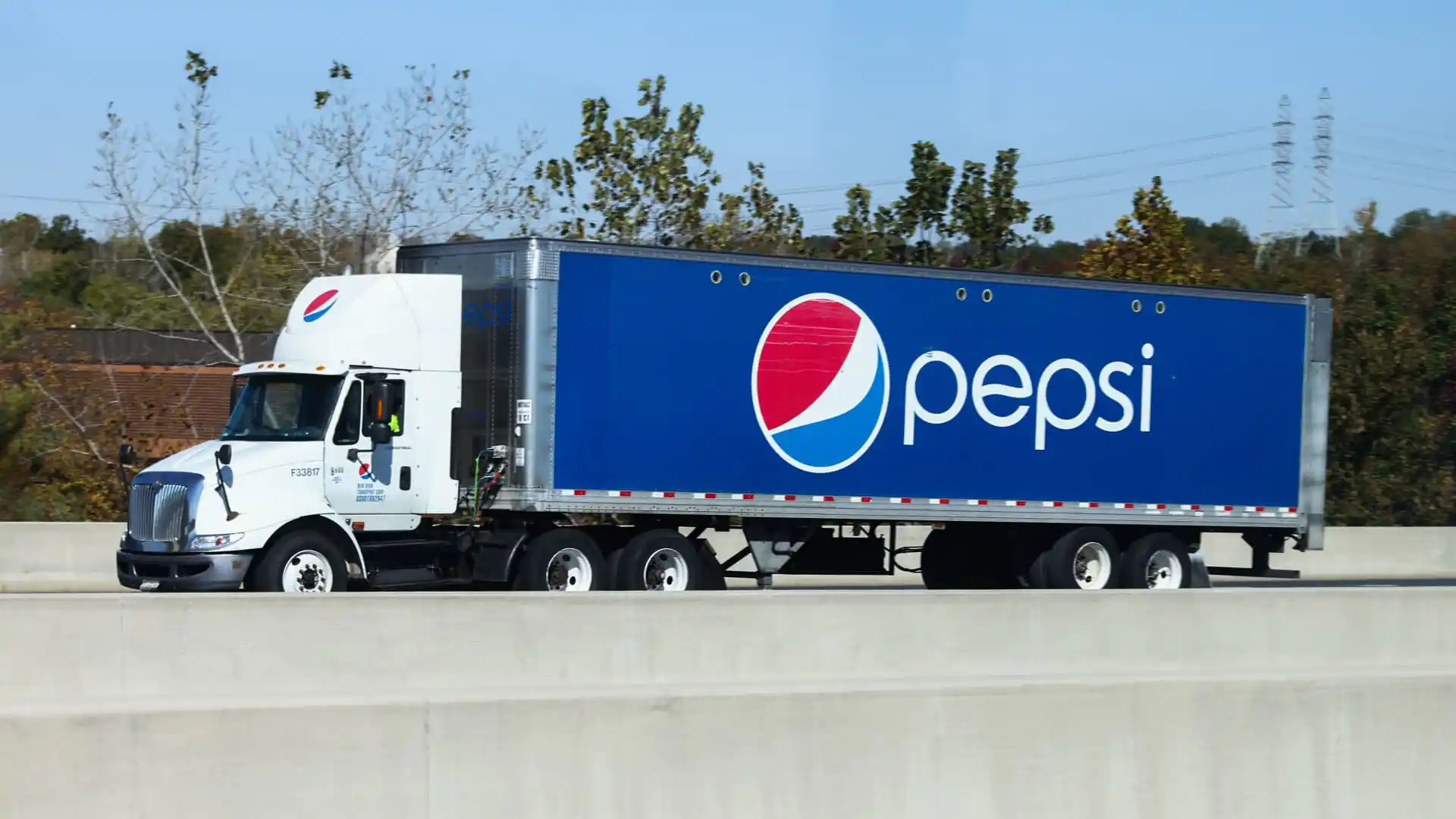[ad_1]
PepsiCo On Tuesday, it lowered its full-year organic revenue outlook after a second straight quarter of weaker-than-expected sales.
The fallout from the Quaker Foods North America recalls, weakening U.S. demand and business disruptions in some international markets weighed on the company’s performance in the quarter, CEO Ramon Laguarta said in a press release.
For 2024, Pepsi now expects a single-digit increase in organic revenue, down from its previous forecast of 4% growth. The company reiterated its forecast for at least an 8% increase in constant currency earnings per share.
Shares of the company fell less than 1% in premarket trading.
Here’s what the company reported compared to what Wall Street expected, based on a survey of analysts by LSEG:
- Earnings per share: $2.31 adjusted vs. $2.29 expected
- Income: $23.32 billion versus $23.76 billion expected
Pepsi reported third-quarter net income attributable to the company of $2.93 billion, or $2.13 per share, down from $3.09 billion, or $2.24 per share, a year earlier.
Excluding items, the company earned $2.31 per share.
Net sales fell 0.6% to $23.32 billion. Organic revenue, excluding acquisitions, disposals and currency effects, increased by 1.3% over the quarter.
Demand for Pepsi snacks and drinks fell this quarter. The company reported that volume in its food and beverage divisions declined 2%. Last quarter, executives said shoppers at all income levels were changing their behavior.
In particular, weak demand in North America weighed on Pepsi’s overall volume. In the United States, shoppers have become more cautious, snacking less and making fewer purchases at convenience stores. And sales in Mexico have slowed, which Laguarta attributes in part to June’s national elections.
Quaker Foods North America had the largest volume decline, down 13%. The company issued its first recall for potential salmonella contamination in December, then expanded it in January. In June, Pepsi officially closed a factory linked to the recalls, after production had already been halted.
The consequences of the recalls are now diminishing, Jamie Caulfield, chief financial officer of Laguarta and Pepsi, said in prepared remarks.
Frito-Lay North America saw a 1.5% volume decline. The company is working to provide more value to consumers and improve in-store availability of its snacks, including Cheetos, SunChips and Stacy’s Pita Chips. While the division’s volume is improving sequentially, the broader category has slowed relative to historical performance.
“After outperforming packaged food categories in previous years, salty and savory snacks have underperformed year-to-date,” Pepsi executives said in prepared remarks.
This fall and winter, Pepsi plans to invest more in Doritos and Tostitos, helped by football season. The company offers bonus packs for Tostitos and Ruffles that offer 20% more tokens.
Pepsi is also expanding its portfolio in hopes of attracting more health-conscious consumers. A week ago, the company announced the acquisition of Siete Foods for $1.2 billion. The brand offers Mexican-American dishes, generally tailored to different dietary concerns.
Volume in Pepsi’s North American beverage business fell 3%. Brands like Gatorade and Pepsi saw revenue rise during the quarter, but the energy drink category — including Pepsi’s Rockstar — saw demand falter as traffic to convenience stores declined.
“I think it’s part of the economic cycle that we’re in, which is going to reverse in the future, once consumers feel better,” Laguarta told analysts on the company’s conference call. business.
Markets in Latin America, Africa, the Middle East and South Asia also reported declines in food and beverage volumes.

